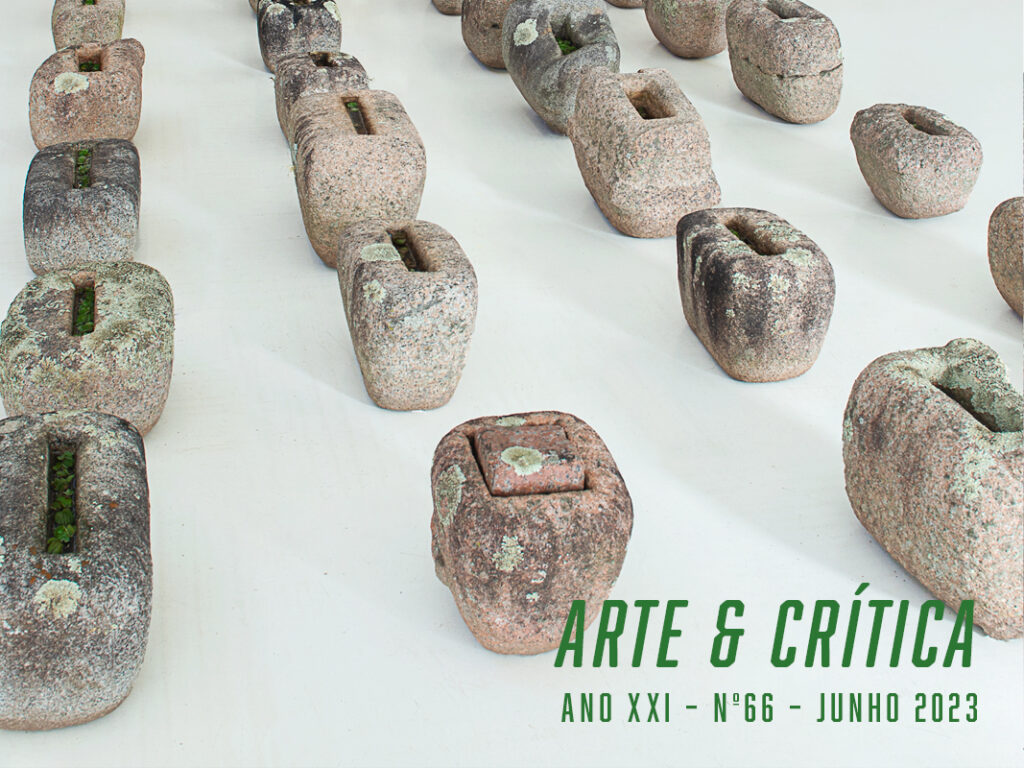Franthiesco Ballerini
ABCA/São Paulo
Resumo: A África é o berço da humanidade e continente que produziu milhares de obras de arte que, hoje, são admiradas pelo mundo inteiro e comercializadas em museus e leilões ao valor de milhões de dólares. Historicamente, a arte africana fortalece o poder suave de instituições culturais dos Estados Unidos e da Europa, em vez de servir de instrumento de sedução para os próprios museus e institutos culturais do continente. Poder suave, termo cunhado pelo cientista político norte-americano Joseph Nye no final da Guerra Fria, nos anos 1990, é a habilidade de seduzir povos e culturas por meio de ideologias, arte, religião, ciência, esporte e diplomacia. Recentemente, um movimento mundial, cujo epicentro são os países africanos, tem pressionado pela devolução destes artefatos culturais às nações de origem. Existe algum argumento para que estas obras continuem nos países que, muitas vezes, os adquiriram de forma ilícita? Este artigo pretende discutir como este movimento de devolução das obras de arte se tornou fundamental para o futuro do poder suave cultural africano.
Palavras-chave: poder suave; arte africana; cultura africana
Abstract: Africa is the crib of humanity and continent that produced thousands of works of arts that, today, are admired by the whole world and sold to museums and in auctions for millions of dollars. Historically, African art strengthen the soft power of cultural institutions in the United States and in Europe, instead of being an instrument of seduction for the continent’s own museums and cultural institutions. Soft power, term coined by the American political scientist Joseph Nye at the end of the Cold War, in the 1990’s, is the ability to seduce people and cultures by ideology, art, religion, science, sport and diplomacy. Recently, a worldwide movement, whose epicenter are the African countries, are pushing for the return of those cultural artifacts to their nations of origins. Is there still any argument for those works of art to remain in countries that, most of the time, bought them illicitly? This article aims to discuss how this art devolution movement became fundamental for the future of African soft power.
Keywords: soft power; African art; African culture
BIO
Franthiesco Ballerini
Escritor, jornalista e doutor em processos socioculturais pela Universidade Metodista de São Paulo. É autor dos livros ‘Cinema Brasileiro no Século 21’ (2012), ‘Jornalismo Cultural no Século 21’ (2015), ‘Poder Suave – Soft Power’ (2017), finalista do 60º Prêmio Jabuti, e ‘História do Cinema Mundial’ (2020).


